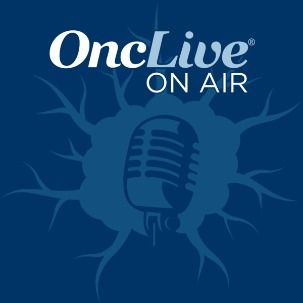Video
Dr. Crew on Recent Advances in HER2+ Breast Cancer
Author(s):
Katherine D. Crew, MD, MS, discusses recent advances made in HER2-positive breast cancer treatment.
Katherine D. Crew, MD, MS, the director of Clinical Breast Cancer Prevention Program at Columbia University Irving Medical Center and director of DataBase Shared Resource at Herbert Irving Comprehensive Cancer Center of Columbia University, discusses recent advances made in HER2-positive breast cancer treatment.
The space has seen a huge explosion of HER2 targeted therapies in recent years, says Crew. The field now has 3 different classes of drugs that are under investigation at the moment: CDK4/6 inhibitors, mTOR inhibitors, and PI3K inhibitors. As a result of these efforts, the survival of patients with HER2-positive disease—which has traditionally been considered to be a more aggressive form of breast cancer—has significantly improved, says Crew. The median survival of patients with metastatic disease is now approaching 5 years.
Additionally, many of these newer drugs are also being examined in the adjuvant setting for early-stage disease in patients who are being treated for curative intent, adds Crew. Another interesting area of research is focused on exploring the idea of deescalating therapy. Adding more drugs to the mix can also add cost and toxicity; as such, it’s important to also look into the potential to de-escalate therapies in favorable patients, so they can be spared from some of the long-term toxicities, concludes Crew.









